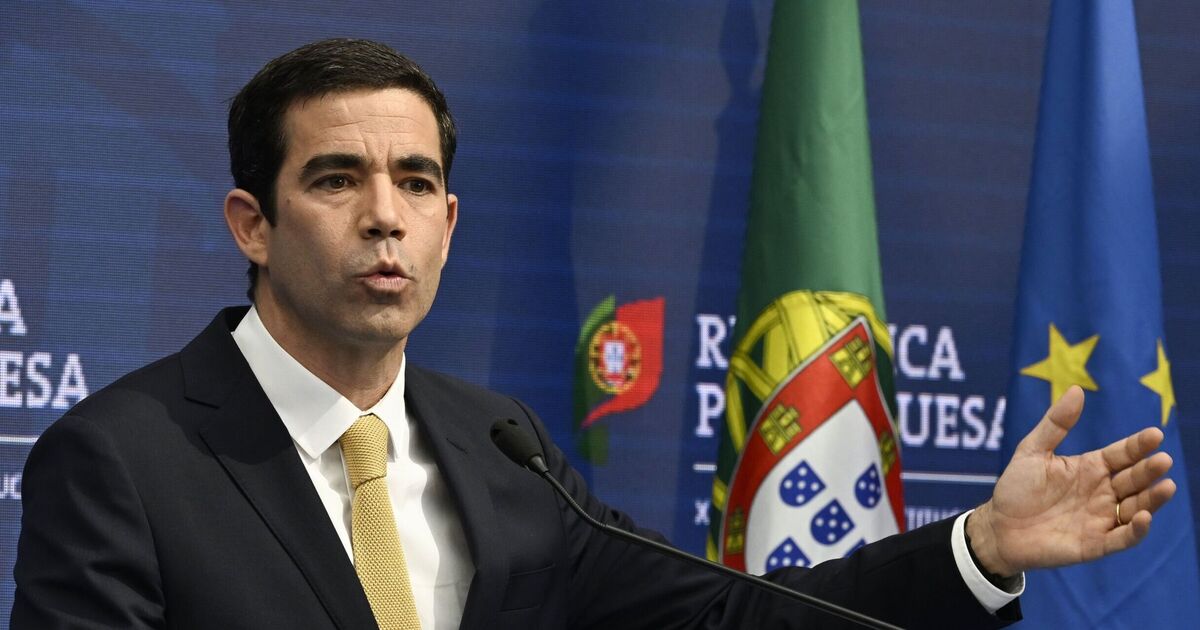The Portuguese government has announced a significant tightening of its immigration policy, introducing a new fee for migrants to regularise their status. The moderately right-wing government, which came to power in March, aims to “put an end to certain mechanisms that lead to excessive abuse of our willingness to welcome” immigrants.
The plan, which includes 41 measures, is aimed at “giving the country more human resources” and comes as Portugal’s foreign population has doubled in five years, reaching one million people, or one-tenth of the total population. The government has allocated 80 million euros (£68 million) to implement the plan, with 30 million (£25 million) of that amount coming from fees paid by migrants themselves.
The new policy includes the abolition of a provision that allowed immigrants to apply for regularisation by demonstrating that they had been working for at least a year and contributing to social security, even if they had entered Portugal illegally.
The government has also decided to repeal a provision that allowed immigrants to apply for a residence permit after already being in the country, citing the exponential increase in foreigners in Portugal as a “very urgent situation” that needs to be addressed.
Cynthia de Paula, president of Casa do Brasil, a migrant rights group, has expressed concerns about the plan, stating that it will create more inequality and make it harder for people to immigrate.
“It was an achievement, an example within the legislation for Portugal,” she said. “We do not believe that this regulation will prevent people from immigrating, and will create more inequality and place people in a more vulnerable situation.”
The plan also includes measures to combat illegal immigration, labour exploitation, human rights violations, and human trafficking.
The Public Security Police (PSP) will have its powers reinforced, with the creation of a Foreigners and Borders Unit (UEF), which is responsible for the return of immigrants, border control, and inspection of the entire national territory.
The government has also announced plans to invest in consular posts, particularly in Brazil and other countries in the Community of Portuguese Speaking Countries (CPLP), and to prioritise CPLP citizens when it comes to immigration. The plan includes a series of visas that can be requested through the consular network, including for higher education students.
In response to concerns about the impact of the plan on crime rates, Prime Minister Luís Montenegro was categorical in his speech. “There is no direct link between our ability to welcome immigrants and increases in crime rates,” he said.
“I say this face to face. There are crimes committed by Portuguese citizens and crimes committed by foreign citizens,” he added.
The government’s plan has been widely criticised by migrant rights groups and has sparked concerns about the potential negative impact on migrants already living in Portugal.








